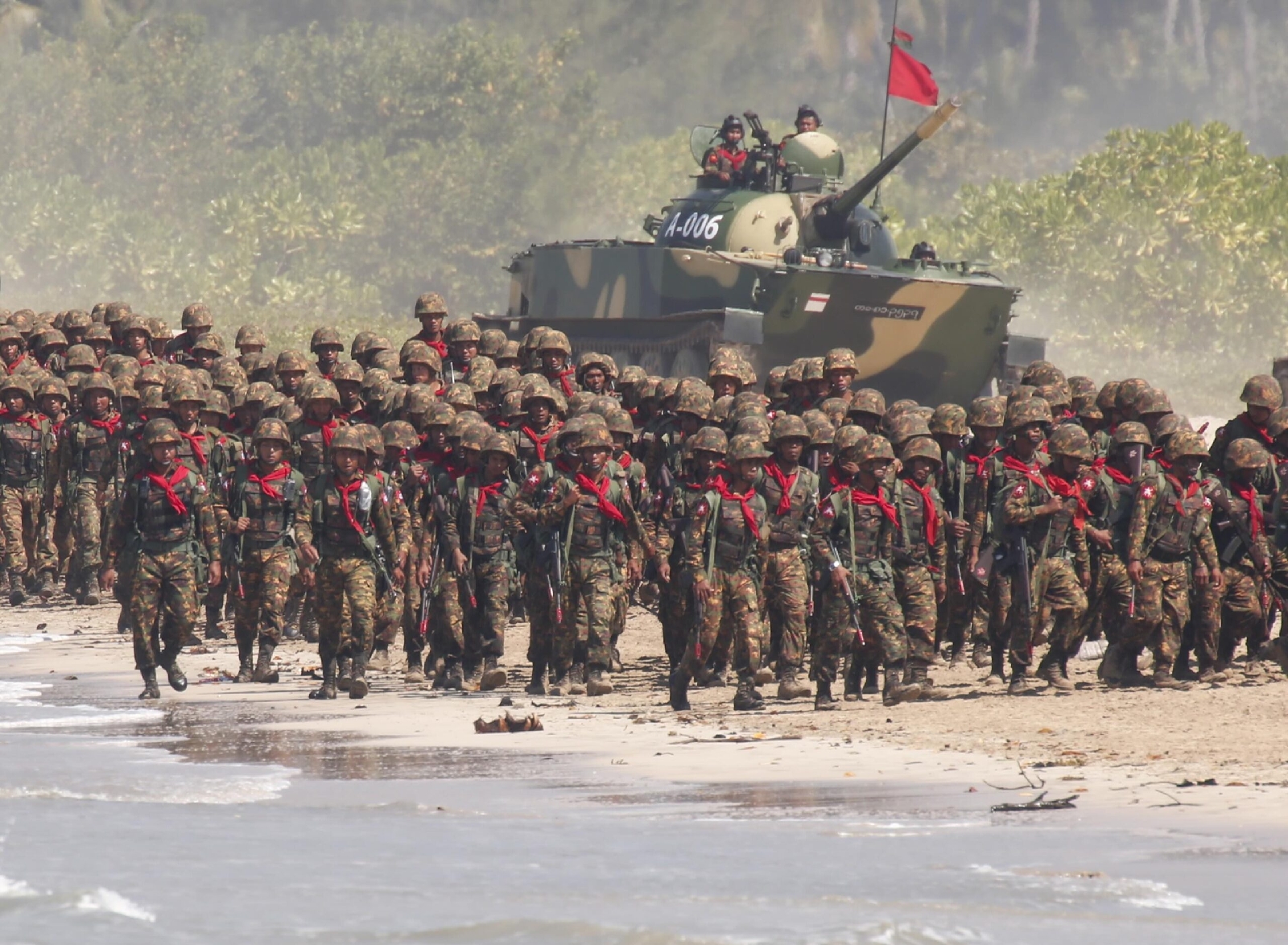Indonesian Citizens Fall Prey to Trafficking in Persons in Myanmar: A Descent into Hell
The insidious crime of Trafficking in Persons (TPPO) continues to ensnare vulnerable individuals, with recent reports highlighting the harrowing experiences of Indonesian citizens falling victim to this exploitation in Myanmar. The Provincial Government of North Sumatra repatriated 141 individuals who had endured the horrors of TPPO in Myanmar, bringing to light the severity of the situation and the urgent need for robust protective measures.
The accounts emerging from these survivors paint a grim picture of their ordeal, with one victim from North Sumatra poignantly describing their experience in Myanmar as being akin to living in hell. These testimonies underscore the brutal realities faced by those trafficked, often subjected to forced labor, inhumane living conditions, and psychological torment. The promise of legitimate employment abroad is cruelly twisted into a nightmare of exploitation and despair.
The repatriation of these 141 individuals is a testament to the tireless efforts of the Indonesian government and local authorities in addressing the issue of TPPO. However, it also serves as a stark reminder of the challenges that persist in safeguarding Indonesian citizens from falling prey to such criminal networks, particularly in regions plagued by conflict and instability like Myanmar.
The factors contributing to the vulnerability of Indonesians to TPPO in Myanmar are multifaceted. Economic desperation and the allure of higher wages abroad often lead individuals to seek employment through unofficial channels, making them susceptible to deceptive recruitment practices employed by traffickers. The lack of adequate information about safe migration procedures and the risks associated with undocumented work further exacerbates the problem.
Furthermore, the complex political and security situation in Myanmar creates an environment where criminal organizations involved in TPPO can operate with relative impunity. The ongoing conflict and the breakdown of law and order make it difficult for authorities to effectively monitor and combat trafficking activities, leaving vulnerable populations at greater risk.
Addressing this complex issue requires a comprehensive and multi-pronged approach from the Indonesian government. Strengthening legal frameworks and enforcement mechanisms to prosecute traffickers and protect victims is paramount. This includes enhancing inter-agency cooperation between law enforcement, immigration authorities, and labor ministries to effectively identify, investigate, and dismantle trafficking networks.
Preventive measures are equally crucial in mitigating the risk of Indonesians falling victim to TPPO in Myanmar. Raising public awareness about the dangers of illegal migration and providing comprehensive pre-departure training on safe migration practices are essential steps. Empowering potential migrants with accurate information about their rights and the resources available to them can help them make informed decisions and avoid exploitative situations.
Collaboration with international organizations and neighboring countries, including Myanmar, is also vital in combating TPPO. Sharing intelligence, coordinating law enforcement efforts, and developing joint strategies to address cross-border trafficking are crucial for effectively tackling this transnational crime. Diplomatic channels must be utilized to engage with the Myanmar government to ensure the safety and well-being of Indonesian citizens within its borders and to advocate for stronger measures to combat trafficking.
Economic empowerment initiatives within Indonesia can also play a significant role in reducing vulnerability to TPPO. By creating more employment opportunities and improving economic conditions within the country, the desperation that drives some individuals to seek risky employment abroad can be alleviated. Investing in vocational training and skills development programs can equip Indonesians with the skills needed to secure decent jobs at home, reducing their susceptibility to exploitation by traffickers.
The harrowing experiences of the Indonesian TPPO victims in Myanmar underscore the urgent need for sustained and concerted efforts to protect Indonesian citizens from this heinous crime. The repatriation of the 141 survivors is a step in the right direction, but it must be followed by more robust preventive measures, stronger law enforcement, and enhanced international cooperation to ensure that no other Indonesian endures such a descent into hell. The Indonesian government bears a responsibility to safeguard its citizens, and a comprehensive strategy is essential to address the root causes of vulnerability and dismantle the criminal networks that prey on them.












Post a Comment